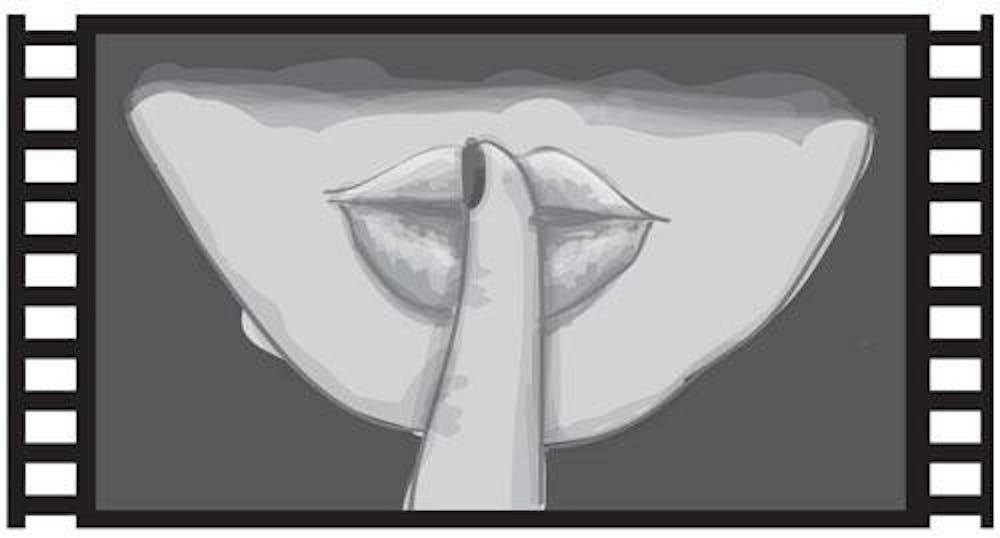
(ERIN KILLINGER | The Miami Student)
"Real action is in silent moments." When Ralph Waldo Emerson wrote these words, he could have been looking at any magnificent natural element Earth has to offer.
But this quote, engraved on a necklace I wear often, has a different meaning to me — in an age where people struggle to take over conversations, fail to respect one another when someone is speaking and incessantly ramble words without context or even a common thought, you sit and mull over those silent moments that become more to you than you could ever imagine.
In today's society, we're surrounded in the public sphere whether you like it or not.
They say that actions speak louder than words, but these days, it goes hand in hand. Acting upon sending a text, email, etc.
It's all one simultaneous act, and someone always seeks to get in the last word.
This week, the nominees for the 84th annual Academy Awards were announced, in which the film, The Artist, received 11 nominations overall.
According to the Los Angeles Times, The Artist is: "the first silent movie (OK, nearly silent) to be nominated for best picture since Ernst Lubitsch's 1928 The Patriot. If The Artist wins the award, it will be the first all-black-and-white picture to win since 1960's The Apartment."
It seems like this film, set in the 1920s, has created a generational gap by going back in time — but maybe it's going back to something that was once valuable and most viewers don't notice: the power to see something for what it really is, not what it's verbalized to be. In this case, actions do speak louder than words.
This movie may or may not play on nostalgia, but it could be more than that.
It obviously received 11 nominations for a reason. In a recent CNN piece by A. S. Hamrah, "‘The Artist': Why we crave silence," he says, "… the film's director, Michel Hazanavicius, connects the film to our time. The key to the film's appeal is how lighthearted Hazanavicius keeps it.
Enjoy what you're reading?
Signup for our newsletter
For him, the lost era of the silents was an innocent time, unmarred by the rape, murder and suicide scandals other depictions of that period often exploit. The Artist, essentially a happy film, shows us that we can accommodate, change and thrive."
There's that word again. Change. The world seeks to change for the better but many find themselves retreating into the familiarity of the past because change is, after all, scary. But maybe what The Artist can tell us, as Hamrah echoes, is that we can move forward, and by looking back at the past, we can establish the boundaries we never wish to turn to again.
We live amidst a society where tensions are high, but emotion is blundered. You come across those people who are rude, insensitive and believe they are better than others, not through achievement, but because their reassurance preys upon others' weaknesses.
Maybe those who feel sublime to others should feed off silent action to see what their next step should be before they make it. Think before you act. More importantly, think before you speak.
Author Leroy Brownlow once said, "There are times when silence has the loudest voice." It echoes Emerson's thought many years ago.
Maybe this wasn't the exact thought the producers and director of The Artist had in mind when creating the film. But they brought back to our generation something that was lost and locked away decades ago: the appreciation for the moments that need no words, just silent power.




